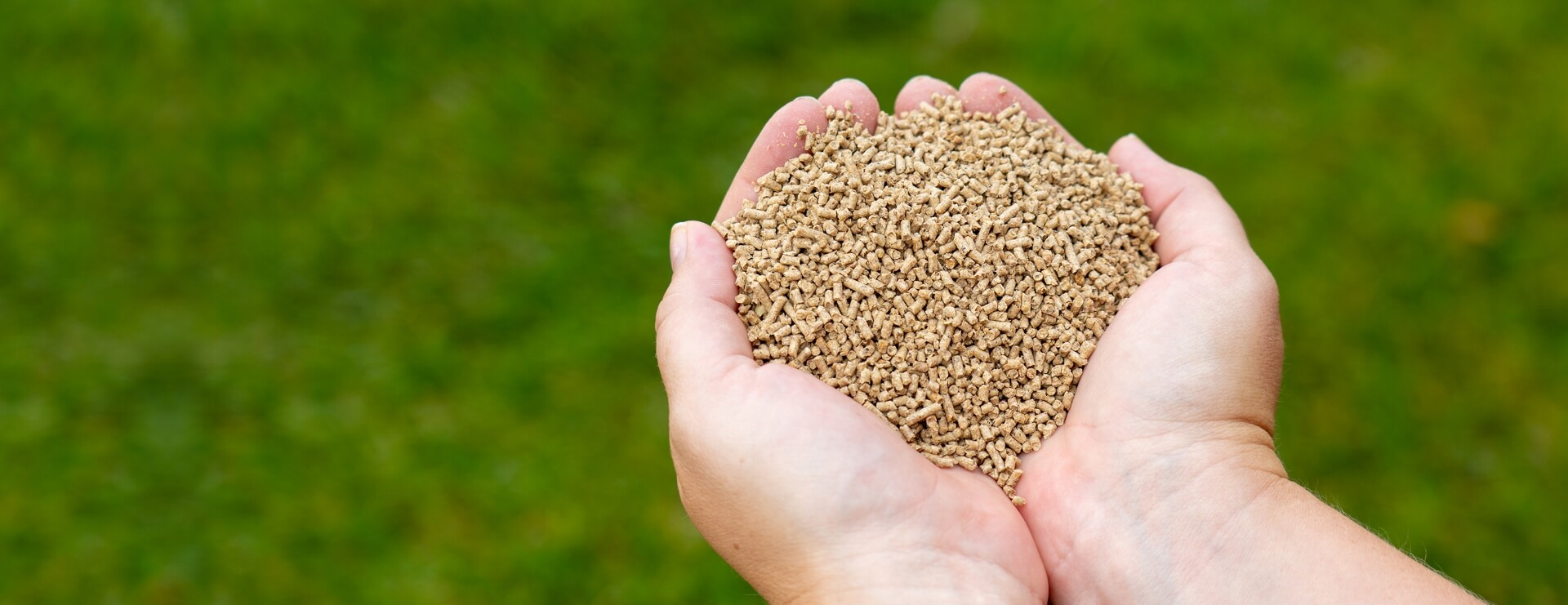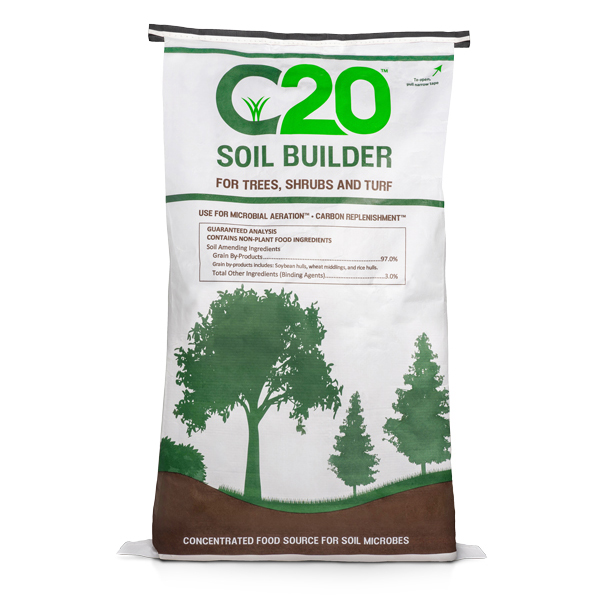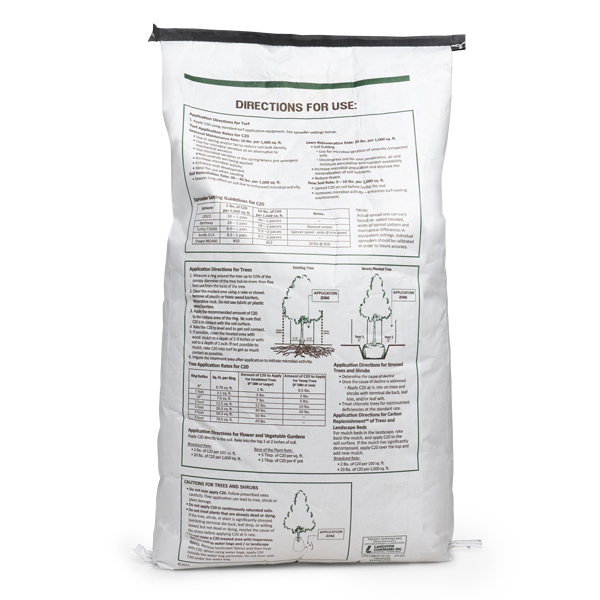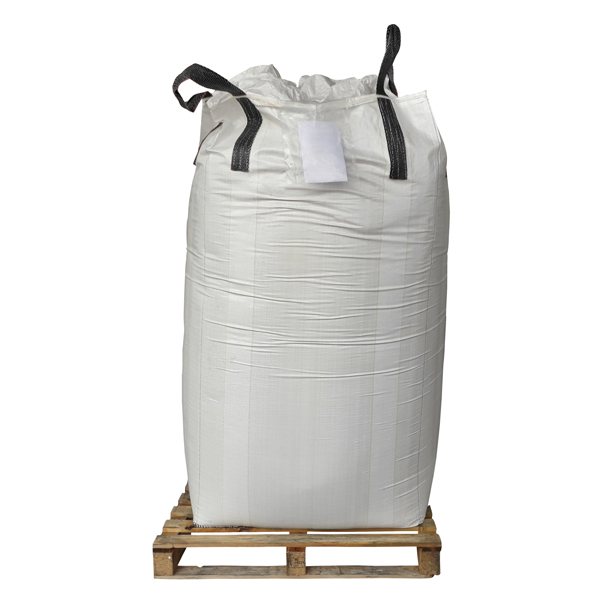C20TM SOIL BUILDER FOR TREES, SHRUBS, AND TURF
C20 Soil Builder stimulates biological activity 157x more than compost, promoting root health for all types of plants. Our product is formulated with a specific carbon/nitrogen ratio of 20:1. C20 provides the desired performance for turfgrass, trees, shrubs, and herbaceous plants growing in urban soils.
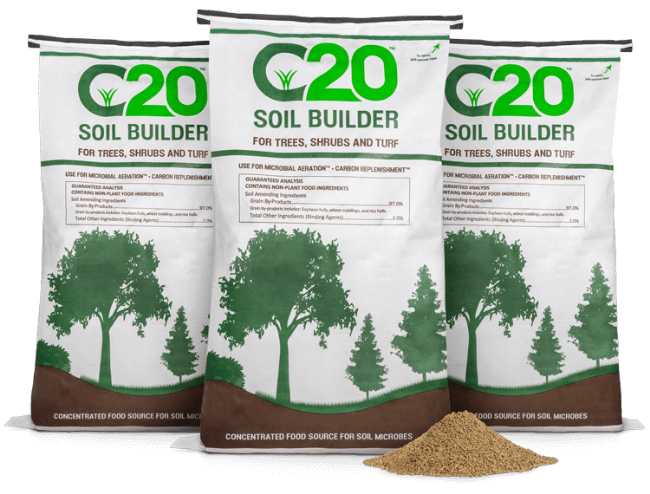
PRODUCT BREAKDOWN
C20 Soil Builder is a technology that relieves soil compaction without disturbing the surface of the turf or the surface beneath the canopies of trees.
The C20 product technology allows us to:
- See soil microbial activity in 1-2 weeks
- Enhance root development in 2-6 weeks
- Restructure the soil and change the bulk density in 3-6 weeks
- See foliar impact within 1-2 months
With zero downtime, this product is the answer for every landscape, including sports fields for continuous playability. C20 is the new solution to an old and perpetual problem–soil compaction in the urban environment.
The Key Benefits:
C20 stimulates soil microbial activity, which in turn:
- Reduces soil compaction
- Increases water retention
- Mineralizes soil nutrients
- Supports root growth and proliferation
- Enhances chlorophyll production
- Improves photosynthesis
BEFORE & AFTER GALLERY
Our product speaks for itself. Take a look at these images and see the difference C20 makes on the root growth and overall health of plants.
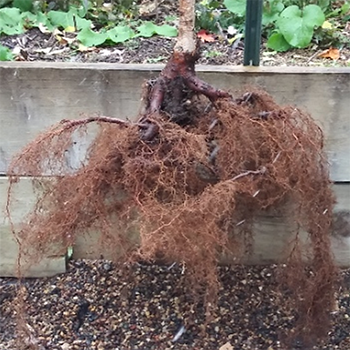 before
before
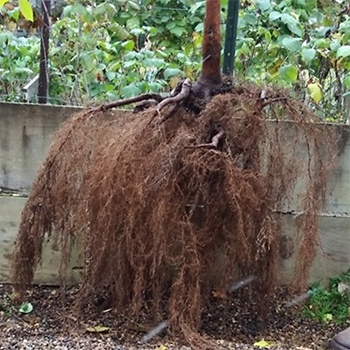 after
after
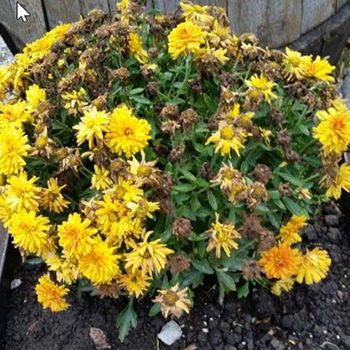 before
before
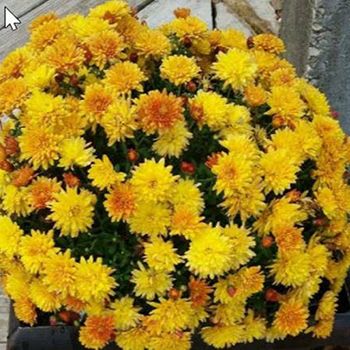 after
after
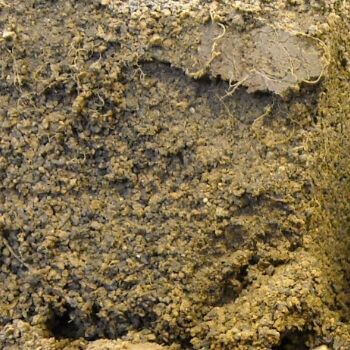 before
before
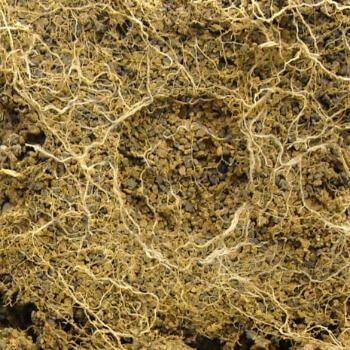 after
after
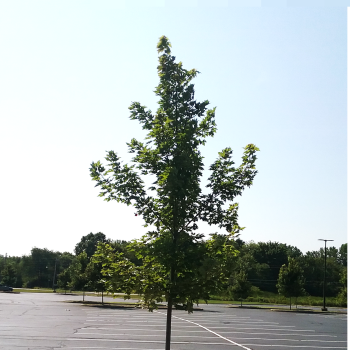 before
before
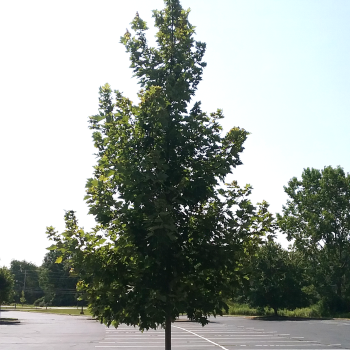 after
after
FREQUENTLY ASKED QUESTIONS
Is C20 organic?
C20 is not OMRI certified, however, C20 is made from sustainable, replenishable, environmentally friendly, all-natural grain by-products.
Does C20 contain GMOs?
In our manufacturing process, we do not distinguish between GMO and non-GMO. Soil microbes consume both types of grain and convert both types into their natural elemental state.
Is C20 safe for pets?
C20 is pet friendly. It is made from all-natural grains that are bound together with natural oils and molasses.
Will C20 attract animals?
Once watered, C20 will not attract animals.
Is C20 an organic fertilizer?
C20 is not a fertilizer, but it can improve fertilizer efficiency if used in combination.
What is the difference between C20 and compost?
Compost is a decomposed material that may or may not feed soil microbes. C20 contains a propriety formulation of non-decomposed active carbon materials that feed soil microbes, dramatically increasing soil microbe populations, which decompresses the soil.
Does C20 work in sandy and clay soils?
Yes. C20 feeds microbes in all soil types. When fed C20, indigenous soil microbes create aggregate soil structures. In sandy soil, this results in increased water holding and slowing of the movement of water and nutrients through the soil profile. In clay soil, this results in reducing compaction by creating more space for water penetration and root proliferation.
Will C20 work on all types of plants?
If a plant has roots and the soils are less than ideal for root penetration, then C20 will help those roots grow. C20 can be used for trees, shrubs, turf, perennial planting beds, annual planting beds, and in-home gardens.
How long can I store C20?
If the bag remains sealed and is not exposed to moisture, it is shelf-stable for several years. If the bag or product becomes wet, fungi may begin growing on the C20 particles creating a clumping of materials. The clumped materials can still be applied but will be more difficult to apply using spreaders.
EASY & EFFICIENT APPLICATION
Healthier soil and vegetation are one application away. Learn how easy microbial aeration is with our product, C20. Learn about C20 through our PDFs and C20 videos.
DISCOVER MORE GO TO VIDEOS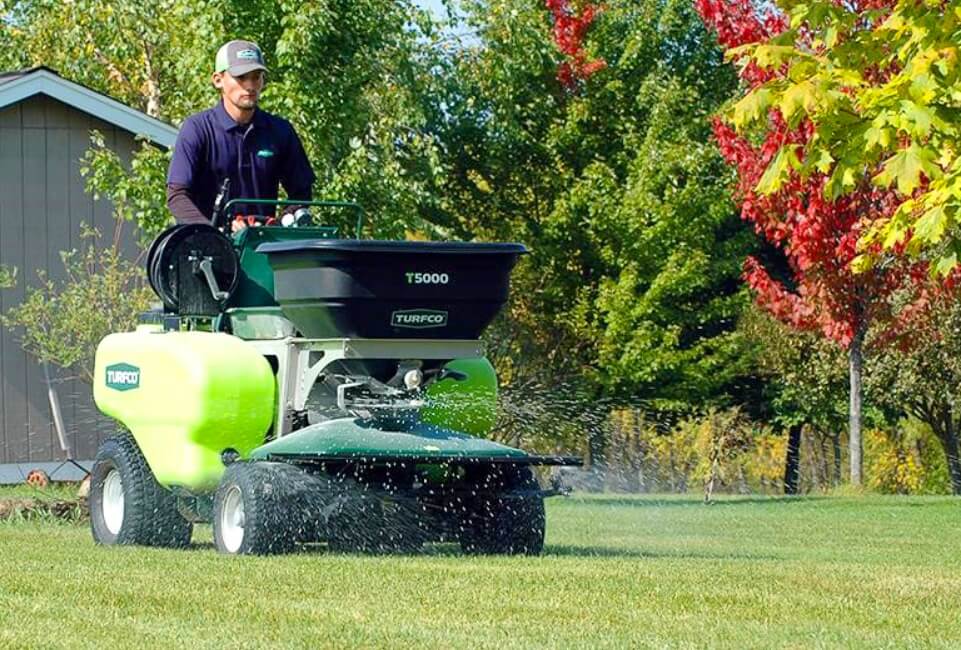
FIRST HAND FEEDBACK
MORE TESTIMONIALSSoil Building Starts at Ground Level
After decades of research, our carbon nutrition technology delivers results through a carefully crafted C:N formulation. Learn more about the science and background from our CSO, Dr. Lloyd, PhD.
Dr. Lloyd's Notes


